When it comes to choosing materials for your home renovation or construction project, the decision between ceramic tiles and granite can be a tough one. Both options have their own unique characteristics, advantages, and disadvantages. In this comprehensive guide, we will explore the differences between ceramic tiles and granite to help you make an informed decision based on your specific needs and preferences. Ceramic Tiles: Ceramic tiles are a popular choice for homeowners looking for a versatile, durable, and cost-effective flooring option. Made from clay and other natural materials, ceramic tiles are produced through a process of heating and cooling, which gives them their hard, durable surface. Available in a wide range of colors, patterns, and sizes, ceramic tiles offer endless design possibilities for any room in your home.
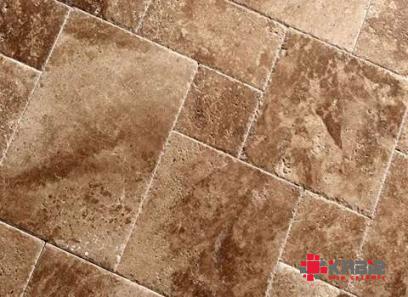
.
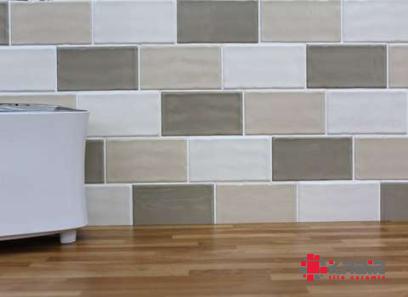 Advantages of Ceramic Tiles: 1. Durability: Ceramic tiles are known for their durability and longevity. They are resistant to scratches, stains, and water damage, making them an ideal choice for high-traffic areas such as kitchens and bathrooms. 2. Easy to Maintain: Ceramic tiles are easy to clean and maintain. Regular sweeping and mopping are all that’s needed to keep them looking new and fresh. 3. Cost-Effective: Compared to granite, ceramic tiles are a more budget-friendly option. With a wide range of price points to choose from, ceramic tiles can fit into any budget. 4. Versatility: Ceramic tiles come in a variety of sizes, shapes, and colors, allowing you to create a customized look for your space. Whether you prefer a modern, sleek design or a traditional, rustic style, ceramic tiles can accommodate your aesthetic preferences.
Advantages of Ceramic Tiles: 1. Durability: Ceramic tiles are known for their durability and longevity. They are resistant to scratches, stains, and water damage, making them an ideal choice for high-traffic areas such as kitchens and bathrooms. 2. Easy to Maintain: Ceramic tiles are easy to clean and maintain. Regular sweeping and mopping are all that’s needed to keep them looking new and fresh. 3. Cost-Effective: Compared to granite, ceramic tiles are a more budget-friendly option. With a wide range of price points to choose from, ceramic tiles can fit into any budget. 4. Versatility: Ceramic tiles come in a variety of sizes, shapes, and colors, allowing you to create a customized look for your space. Whether you prefer a modern, sleek design or a traditional, rustic style, ceramic tiles can accommodate your aesthetic preferences.
..
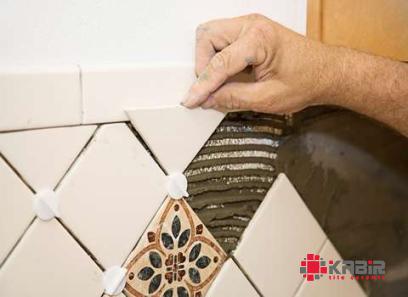 5. Heat Resistance: Ceramic tiles are heat resistant, making them a practical choice for kitchen countertops or fireplace surrounds. Disadvantages of Ceramic Tiles: 1. Susceptible to Cracks: While ceramic tiles are durable, they are prone to cracking under heavy impact. Care should be taken to avoid dropping heavy objects on ceramic tile floors or countertops. 2. Cold to the Touch: In colder climates, ceramic tiles can feel cold to the touch, making them less comfortable for bare feet. 3. Limited Design Options: While ceramic tiles offer a wide range of design possibilities, they may not have the same luxurious look and feel as natural stone options like granite. Granite: Granite is a natural stone that has been used for centuries in homes and buildings around the world. Known for its beauty, durability, and unique patterns, granite is a popular choice for countertops, flooring, and other applications. Formed deep within the earth’s crust through intense heat and pressure, granite is a timeless and luxurious material that adds value to any home. Advantages of Granite: 1. Beauty: One of the biggest advantages of granite is its natural beauty. Each slab of granite is unique, with intricate patterns and colors that cannot be replicated by man-made materials.
5. Heat Resistance: Ceramic tiles are heat resistant, making them a practical choice for kitchen countertops or fireplace surrounds. Disadvantages of Ceramic Tiles: 1. Susceptible to Cracks: While ceramic tiles are durable, they are prone to cracking under heavy impact. Care should be taken to avoid dropping heavy objects on ceramic tile floors or countertops. 2. Cold to the Touch: In colder climates, ceramic tiles can feel cold to the touch, making them less comfortable for bare feet. 3. Limited Design Options: While ceramic tiles offer a wide range of design possibilities, they may not have the same luxurious look and feel as natural stone options like granite. Granite: Granite is a natural stone that has been used for centuries in homes and buildings around the world. Known for its beauty, durability, and unique patterns, granite is a popular choice for countertops, flooring, and other applications. Formed deep within the earth’s crust through intense heat and pressure, granite is a timeless and luxurious material that adds value to any home. Advantages of Granite: 1. Beauty: One of the biggest advantages of granite is its natural beauty. Each slab of granite is unique, with intricate patterns and colors that cannot be replicated by man-made materials.
…
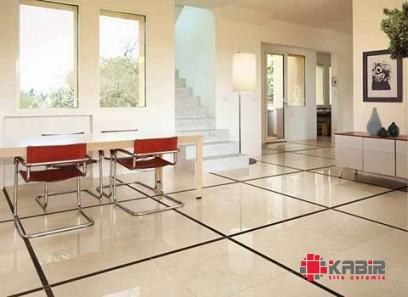 2. Durability: Granite is extremely durable and resistant to scratches, heat, and stains. It is a long-lasting material that can withstand the rigors of daily use in kitchens and bathrooms. 3. Value: Granite countertops are considered a high-end feature that can increase the value of your home. They are a desirable feature for potential buyers and can give your home a luxurious feel. 4. Easy to Clean: Granite countertops are easy to clean and maintain. Regular sealing can help protect the surface from stains and spills. 5. Heat Resistance: Granite is heat resistant, making it an excellent choice for kitchen countertops where hot pots and pans may come into contact with the surface. Disadvantages of Granite: 1. Cost: Granite is a premium material that comes with a higher price tag compared to ceramic tiles. The cost of granite countertops can vary depending on the quality of the stone and the complexity of the installation. 2. Maintenance: While granite is durable, it does require regular sealing to maintain its beauty and protect it from stains and spills. Failure to seal granite countertops can result in discoloration and damage over time. 3. Limited Color Options: While granite comes in a variety of colors and patterns, the selection may be more limited compared to ceramic tiles, which offer endless design possibilities. 4. Heavy Weight: Granite countertops are extremely heavy and may require additional structural support during installation. The weight of granite can also make it more difficult to transport and handle.
2. Durability: Granite is extremely durable and resistant to scratches, heat, and stains. It is a long-lasting material that can withstand the rigors of daily use in kitchens and bathrooms. 3. Value: Granite countertops are considered a high-end feature that can increase the value of your home. They are a desirable feature for potential buyers and can give your home a luxurious feel. 4. Easy to Clean: Granite countertops are easy to clean and maintain. Regular sealing can help protect the surface from stains and spills. 5. Heat Resistance: Granite is heat resistant, making it an excellent choice for kitchen countertops where hot pots and pans may come into contact with the surface. Disadvantages of Granite: 1. Cost: Granite is a premium material that comes with a higher price tag compared to ceramic tiles. The cost of granite countertops can vary depending on the quality of the stone and the complexity of the installation. 2. Maintenance: While granite is durable, it does require regular sealing to maintain its beauty and protect it from stains and spills. Failure to seal granite countertops can result in discoloration and damage over time. 3. Limited Color Options: While granite comes in a variety of colors and patterns, the selection may be more limited compared to ceramic tiles, which offer endless design possibilities. 4. Heavy Weight: Granite countertops are extremely heavy and may require additional structural support during installation. The weight of granite can also make it more difficult to transport and handle.
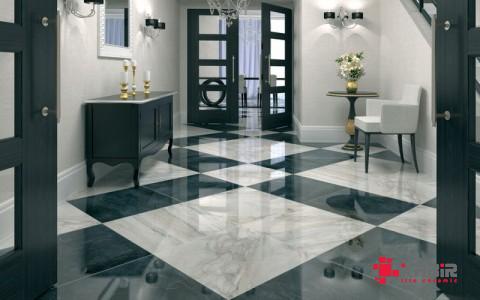
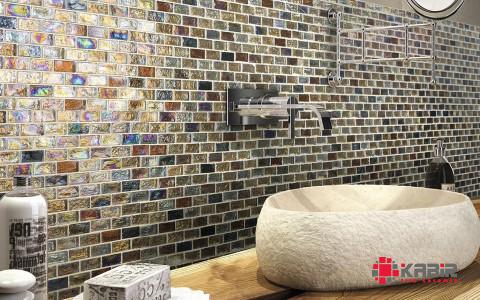
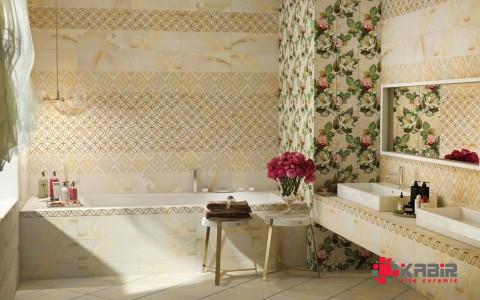
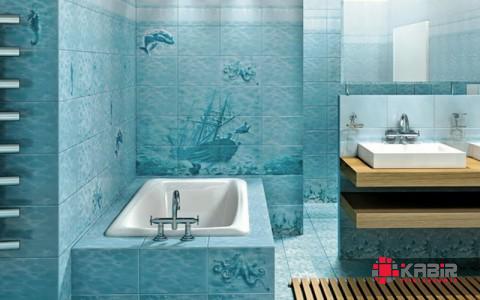
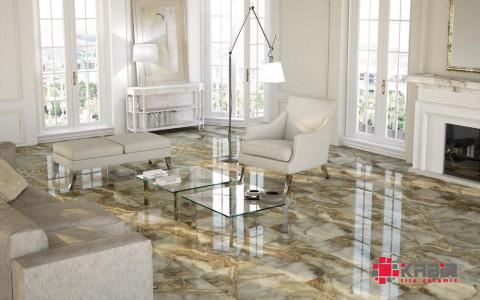
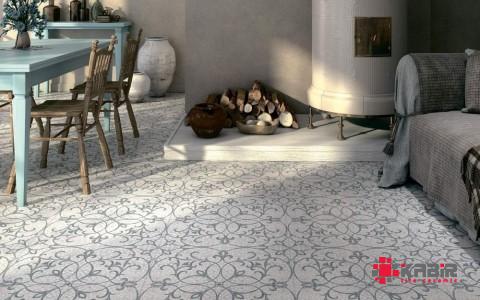

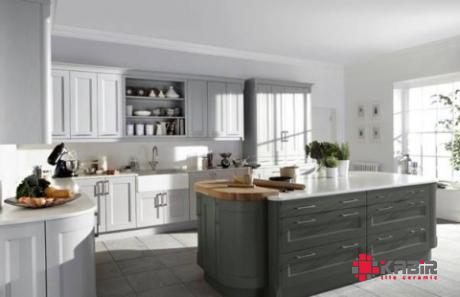

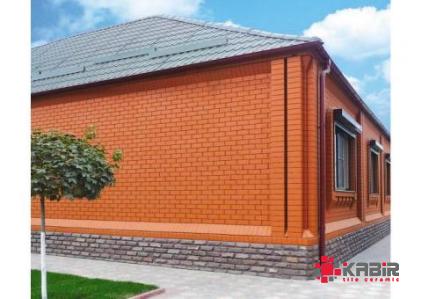
Your comment submitted.